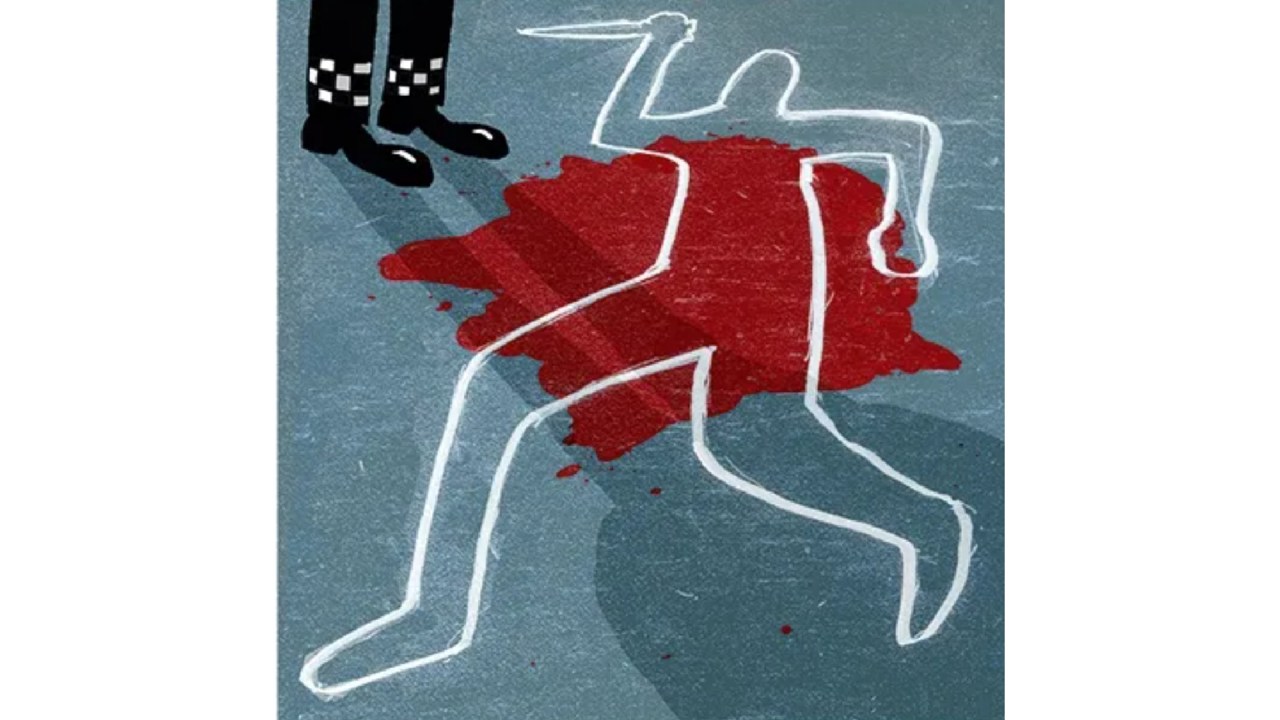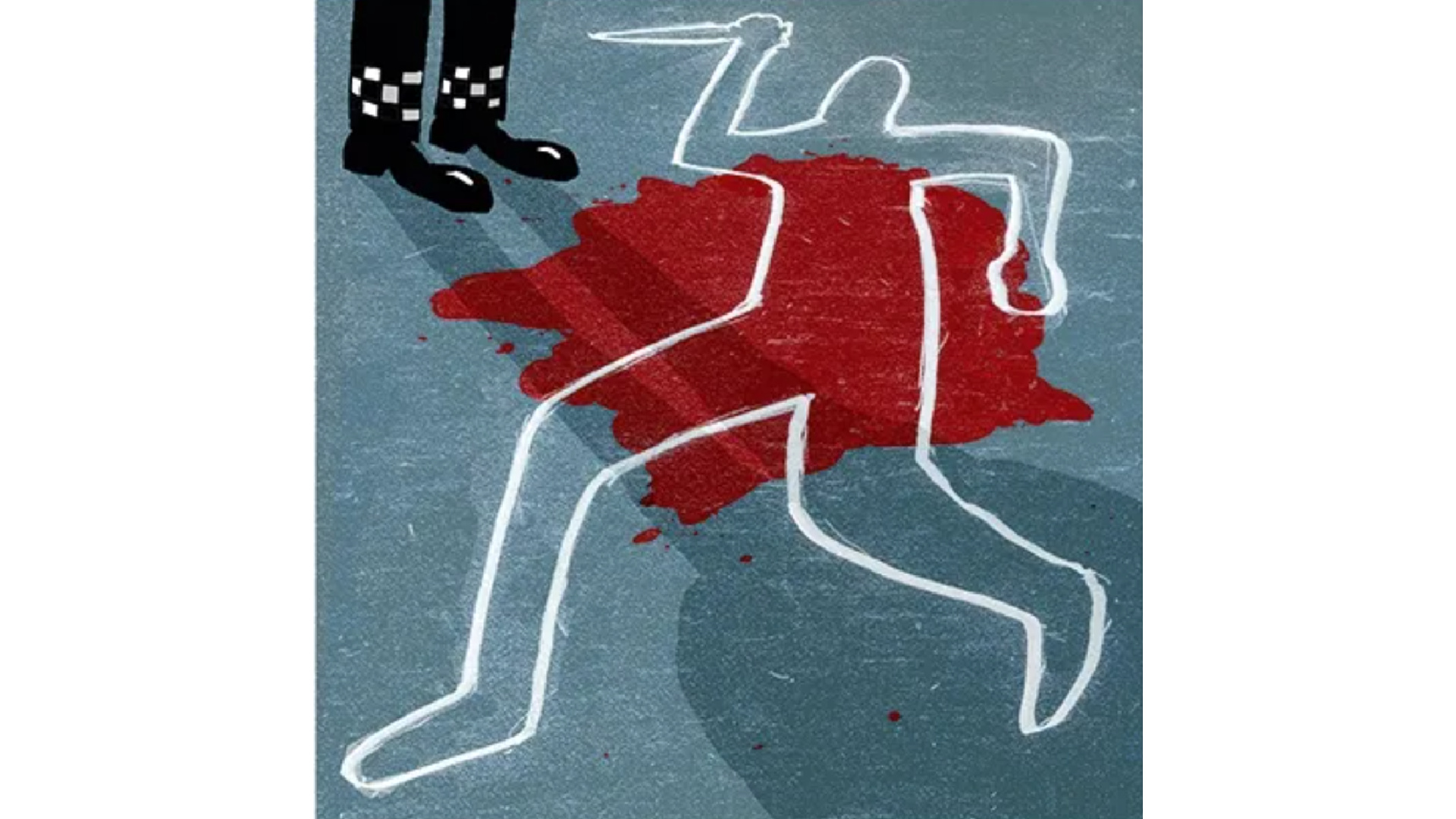This is a complex tale involving an American murder, the popular British TV series Flipper, and the philosopher Friedrich Nietzsche – but bear with me. Next month sees the centenary of the conviction of two spoiled Chicago boys – Nathan Leopold, 19, and Richard Loeb, 18 – who admitted carrying out what the press at the time dubbed the ‘crime of the century’.
I had always sensed that my friend had a dark side and that he kept parts of his life secret from me
The two student friends were sentenced to life imprisonment for murder, plus 99 years in jail for abduction, after admitting kidnapping and killing a 14-year-old boy, Bobby Franks, before mutilating his body with acid to disguise his identity. Loeb was slashed to death with a razor in a prison shower by another inmate, but Leopold proved a model prisoner and indeed succeeded in rehabilitating himself. He reorganised the prison library, taught other lags to read and write, and deliberately exposed himself to malaria to further medical knowledge of the disease. In 1958, he was paroled and spent the rest of his life working with the poor in Puerto Rico, dying in 1971 aged 66.
The Leopold and Loeb case shocked the world, not least because of the cold cruelty of these privileged, self-absorbed killers whose crime apparently lacked any rational motive. In fact, the two highly intelligent young men did have a motive – at least in their own too-clever-by-half minds. They had fallen under the seductive spell of Nietzsche – the German philosopher who argued that certain people could become ‘supermen’ – an elite group not bound by ‘herd morality’: the rules and conventions governing ordinary folk.
Leopold and Loeb decided to carry out a ‘perfect murder’ – a crime so cleverly conceived and executed that it would lift them into the ranks of the supermen and prove their innate superiority to the laws of an inferior society. In practice, their killing of Bobby Franks was riddled with stupid basic blunders that put the Chicago cops on their trail in no time at all. They were seen luring the boy into a hired car; Leopold dropped his distinctive glasses at the scene of the crime; a ransom note they sent to Bobby’s parents was traced to their typewriter; they were spotted cleaning bloodstains off the car seats; and panicking, they blamed each other for bludgeoning their victim to death.
I encountered this infamous case when writing my biography of Patrick Hamilton (the writer who unintentionally first coined the term ‘gaslighting’), because he had used Leopold and Loeb as the basis of his 1929 hit drama Rope (later filmed by Alfred Hitchcock), a macabre thriller in which two arrogant young men jointly strangle their victim, hide his body in a chest, and then hold a cocktail party using the chest containing the body as a drinks table.
The story bore faint echoes of my own experience with a privileged all-American boy at the boarding school we had attended in remote rural North Wales. René Eugene Burau from Florida and I became fast friends who had only contempt for the absurd school rules that ran our regimented lives. We were rebels against the school system; ‘borrowed’ a master’s motorbike to ride around the local lanes; stole ether from the school chemistry lab when we had smoked our way through the weed that René had smuggled through Heathrow; and ran away to visit a girlfriend of mine in Exeter.
When we reached Shrewsbury, we inadvertently pitched our tent in what we thought were public woods on the banks of the River Severn, which turned out to be the private grounds of Shrewsbury School – alma mater of Charles Darwin, Richard Ingrams, and Michael Heseltine. Discovered by the school prefects, we posed as Czech refugees fleeing the 1968 Russian invasion, with accents to match. The school authorities swallowed this ridiculous story and kindly offered us the use of their washing and cooking facilities. Alongside such adventures, René and I had a strong intellectual influence on each other, and I introduced him to Nietzsche’s writings. The old boy evidently has a strong appeal to adolescent minds, as René, like Leopold and Loeb before him, took to the philosopher’s ideas with alacrity. In his own mind, he was soon among the supermen with a lifestyle ‘beyond good and evil’, ignoring the rules governing other mortal men.
We lost touch after our schooldays ended, and René returned to the US, but around 2010, thanks to Facebook, we made contact again. He told me that he had made a career as a mortgage broker in California before he had wound up his business and emigrated to China. Some elements of our youthful adventures clearly still survived, as René sent me pictures of a retro Nazi Wehrmacht motorbike, complete with Iron Cross insignia, on which he commuted between his two Chinese girlfriends. Soon afterwards, I was stunned to get a message from the eldest of René’s three sons to say that his father had died there of a heart attack.
I had always sensed that my friend had a dark side and that he kept parts of his life secret from me despite us being so close. Just how dark, I was about to discover. Researching René on the internet after his death, I was appalled to find that during the lost years when we had been out of contact, he had perpetrated a murderous and apparently motiveless knife attack on an innocent 19-year-old student named Melanie Ink. I read with horror how Dade County cops had been called to a Miami college car park in 1975, where they arrested 23-year-old René Burau for stabbing Melanie in the back and slashing her hands when she resisted his attempt to force her into his car. ‘I’m lucky to be alive,’ she told the cops. Burau was charged with assault intending to result in first-degree murder, and eventually, after psychiatric evaluation, he was jailed for five years.
I also discovered two other facets of René’s life that he had never disclosed to me or his sons: as a blonde-haired smiling boy, he had starred as a child actor in Flipper, the wildly popular TV series about a friendly dolphin, and – also as a boy – he had undergone surgery for the heart condition that would eventually kill him. I have never been able to reconcile the two sides of the friend I had obviously never really known: how could one person be both a charming and friendly scallywag and a homicidal maniac who very nearly became a murderer? I still don’t know, but Friedrich Nietzsche has much to answer for.








Comments